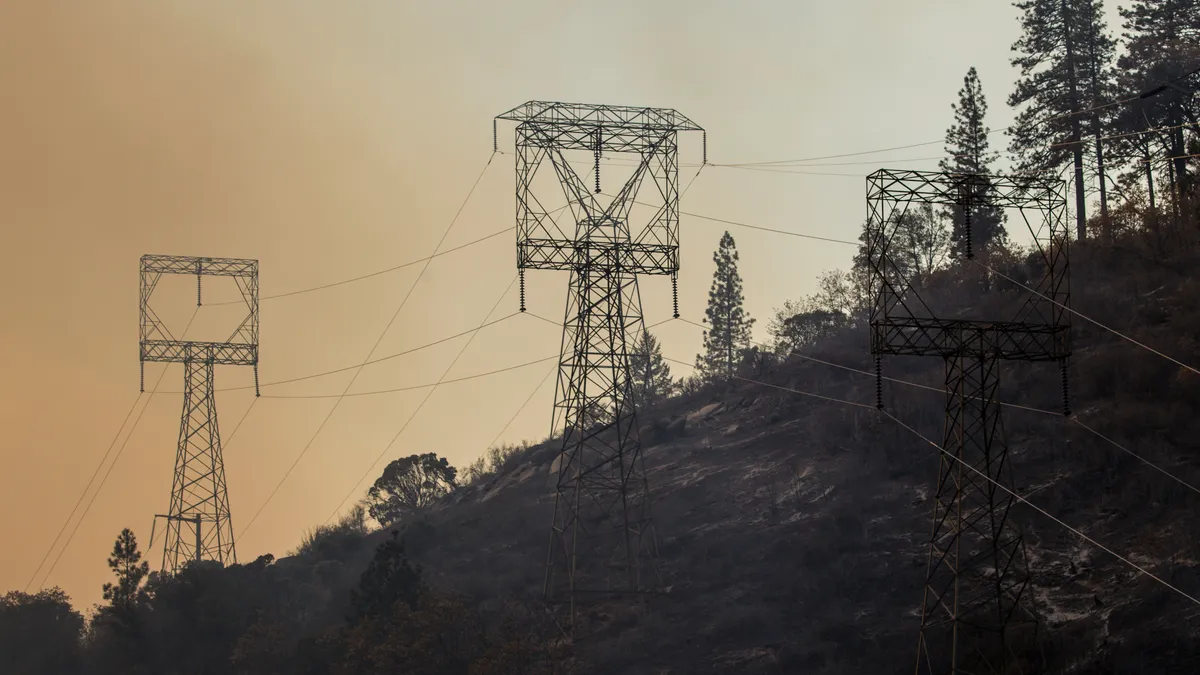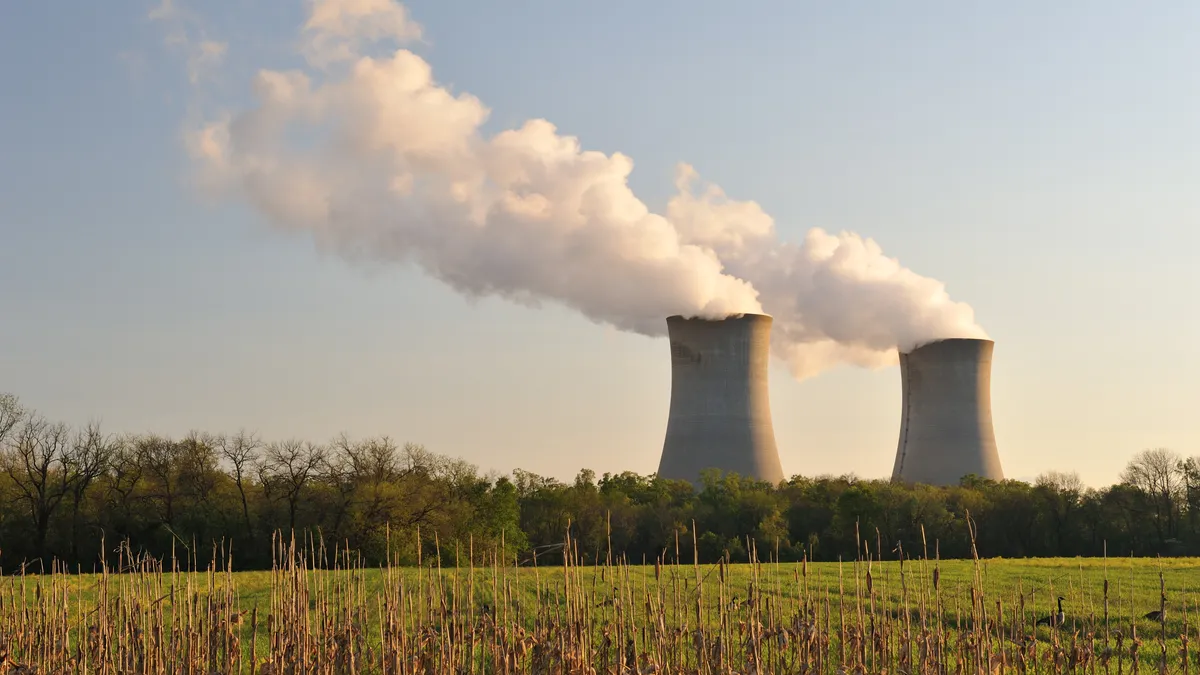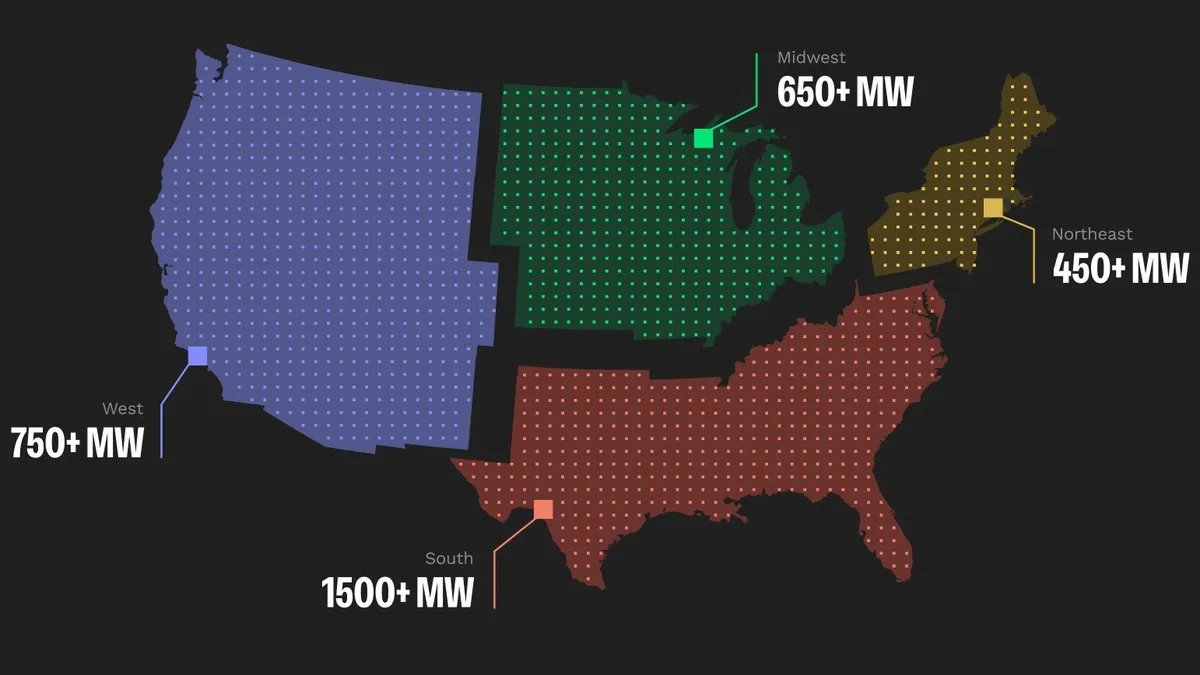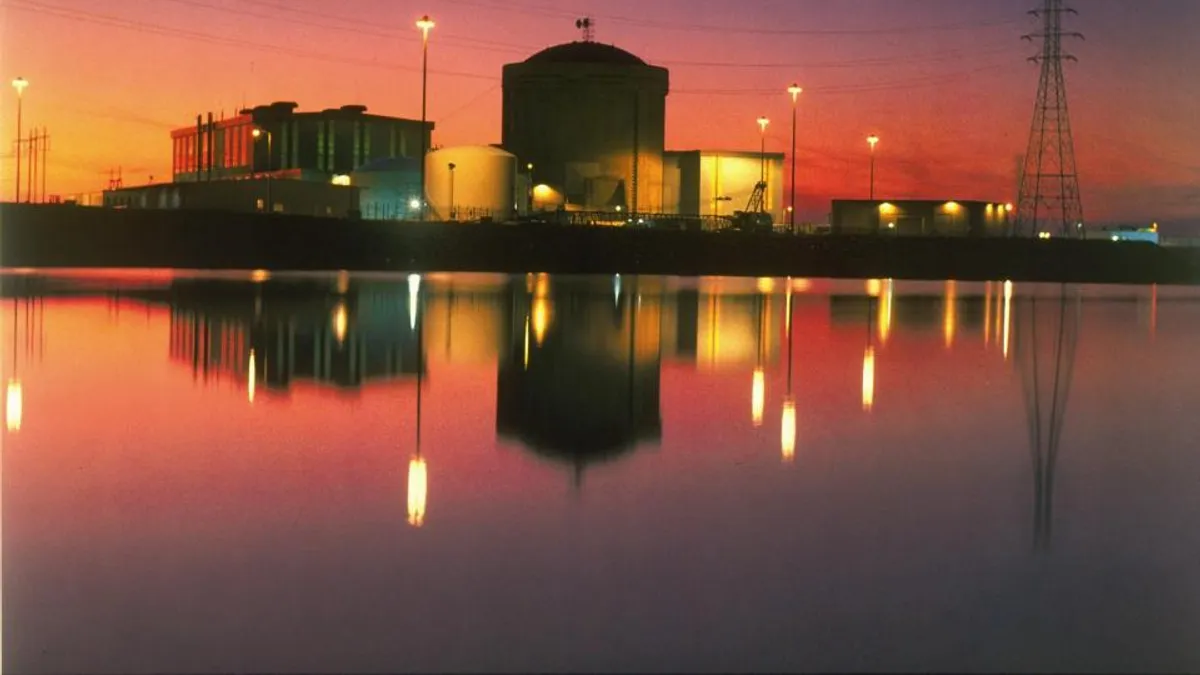UPDATE: June 18, 2020: A superior court judge imposed a roughly $3.5 million fine on Pacific Gas & Electric Thursday for 84 counts of involuntary manslaughter and one count of unlawfully causing a fire. “The court has considered the facts of the case which establish a callous disregard for the safety and property of the citizens of Butte County,” Judge Michael Deems said.
In November 2018, as the Camp Fire spread across the town of Paradise in Northern California’s Butte County, resident Herbert Alderman made multiple calls to his physical therapy provider asking for someone to come get him. Alderman, 79, didn’t drive, his stepdaughter Laurie Teague told a county court judge at a hearing Wednesday, and made at least five calls, “each sounding more panicky and desperate.”
But the facility couldn’t reach him because of a roadblock, and Alderman — along with 84 other people — lost his life to the fire. His last words to the provider’s receptionist, Teague said, were: “The fire is two houses away. Help me.”
Teague was one of several victims of the Camp Fire, sparked by Pacific Gas & Electric’s (PG&E) transmission infrastructure, who provided impact statements to a county court judge on Wednesday. The utility has pleaded guilty to 84 counts of involuntary manslaughter caused by the blaze.
Also on Wednesday, the judge overseeing PG&E’s bankruptcy issued a filing outlining his decision to approve the company’s Chapter 11 reorganization plan. The alternative — leaving fire victims and other creditors with no options — “is not an acceptable alternative,” Dennis Montali wrote. He intends to issue a formal order on the plan on Friday.
The decision sets PG&E on track to resolve billions of dollars in liabilities from wildfires it caused in Northern California and emerge from bankruptcy. But the guilty pleas, which were part of a settlement with the Butte County district attorney’s office, could have a slew of implications for the company and state, including affecting its five-year criminal probation, stakeholders say.
“This is just another element of a long list of reasons that regulators are going to feel the need to be continually diligent with their oversight of PG&E, and willing to take strong action if there are future problems that come up,” Steven Weissman, lecturer at the University of California Berkeley's Goldman School of Public Policy, said.
'People focused on profits'
In a report issued Tuesday, the Butte County district attorney’s office said PG&E had consistently reduced the frequency of patrols and inspections of its power lines, many of which were built before the second World War.
“PG&E ran the line for 88 years with minimal maintenance and repair. But for the Camp Fire, PG&E would have continued using the line with minimal maintenance and repair. Catastrophic failure of the Caribou-Palermo line was not an 'if' question; it was a 'when' question,” the report said, urging the court to impose the maximum possible fines on the corporation, which would amount to roughly $3.5 million. PG&E will also pay around $500,000 for the costs of the investigation.
But victims of the fire feel that fine doesn’t go far enough and in impact statements before the Butte County superior court, criticized PG&E’s maintenance of its system.
“Those decisions were made by people. People focused on profits. People who will never pay a price for the utter devastation of whole communities and the deaths of 84 people in the Camp Fire alone,” Teague said.
“A $3.5 million fine for killing 80 people is not justice,” said Joseph Downer, whose brother, Andrew Downer, 54, was killed due to the fire. “That is less than Mr. Johnson, the person here yesterday telling us how sorry PG&E was, makes in one year,” he added, referring to outgoing PG&E Corp. President and CEO Bill Johnson, who pleaded guilty on behalf of the company Tuesday.
And Skye Sedwick, who lost her father John Sedwick to the blaze, said that thinking of PG&E’s greed and the people who did not do their job properly “sickens” her.
“It is this culture of apathy, neglect and greed that has become synonymous for PG&E,” she added.
Incoming interim PG&E Corp. CEO Bill Smith said in a statement that the victim’s statements affected him deeply and personally. Smith will temporarily replace Johnson, who intends to retire from the company after its reorganization plan is confirmed.
“I hear their pain and anguish, and acknowledge the lasting impact that the fire will have on so many people in the Butte County community and far beyond,” he said, adding that the utility is committed to doing everything it can to improve how it operates.
But others questioned the utility’s track record. Mindy Spatt, spokesperson for ratepayer group The Utility Reform Network, told Utility Dive that the victims’ statements should affect PG&E’s standing with California’s policy-makers.
“Every legislator who has ever voted to bail out PG&E, or has ever accepted money from PG&E, should be listening to this testimony in that courtroom today,” she said.
Another issue, according to Weissman and Spatt, is that the involuntary manslaughter pleas could put PG&E in violation of its five-year criminal probation, imposed after an explosion on one of its natural gas pipelines a decade ago killed eight people. On Wednesday, U.S. District Judge William Alsup, who is in charge of the probation, ordered PG&E to state by July 1 whether it denies any portion of the Butte County district attorney’s report and sentencing statement.
“It’s hard to imagine that a criminal on probation could murder 84 people and not be guilty of a probation violation. That would seem to be a probation violation by any standard,” Spatt said.
But there’s only so much the federal court can do, Weissman said.
“If this was a normal criminal conviction and you’ve got an individual on parole, and then the individual violates parole, then that person can be put in jail — but it’s hard to put PG&E in jail,” Weissman added.
The guilty pleas also underscore the need for a new electric solution that isn’t the grid, Brett Joerger, CEO of Westhaven Power, told Utility Dive.
“At some point, you have to realize maybe this problem is bigger than … just one person or one management team can actually fix,” he said. “We need to be going towards standalone power systems that are as decentralized as possible — then we won’t need to rely upon this massive machine."























